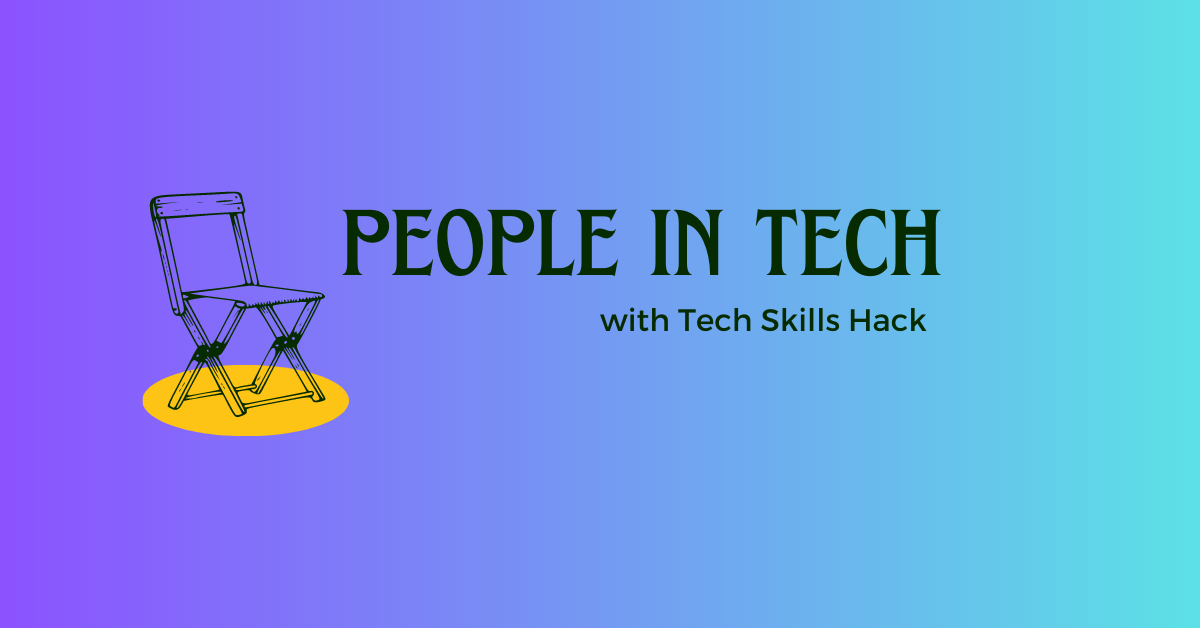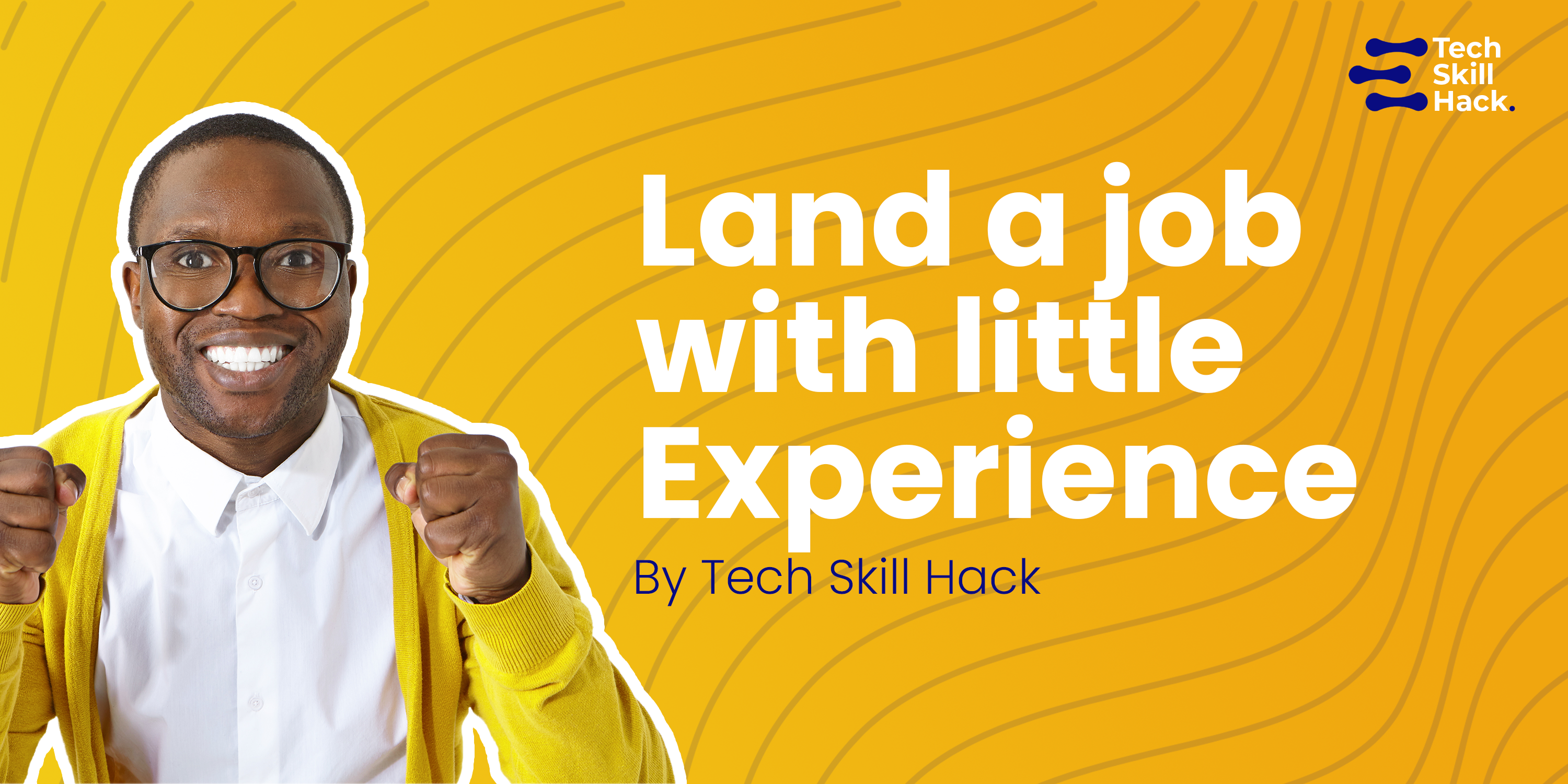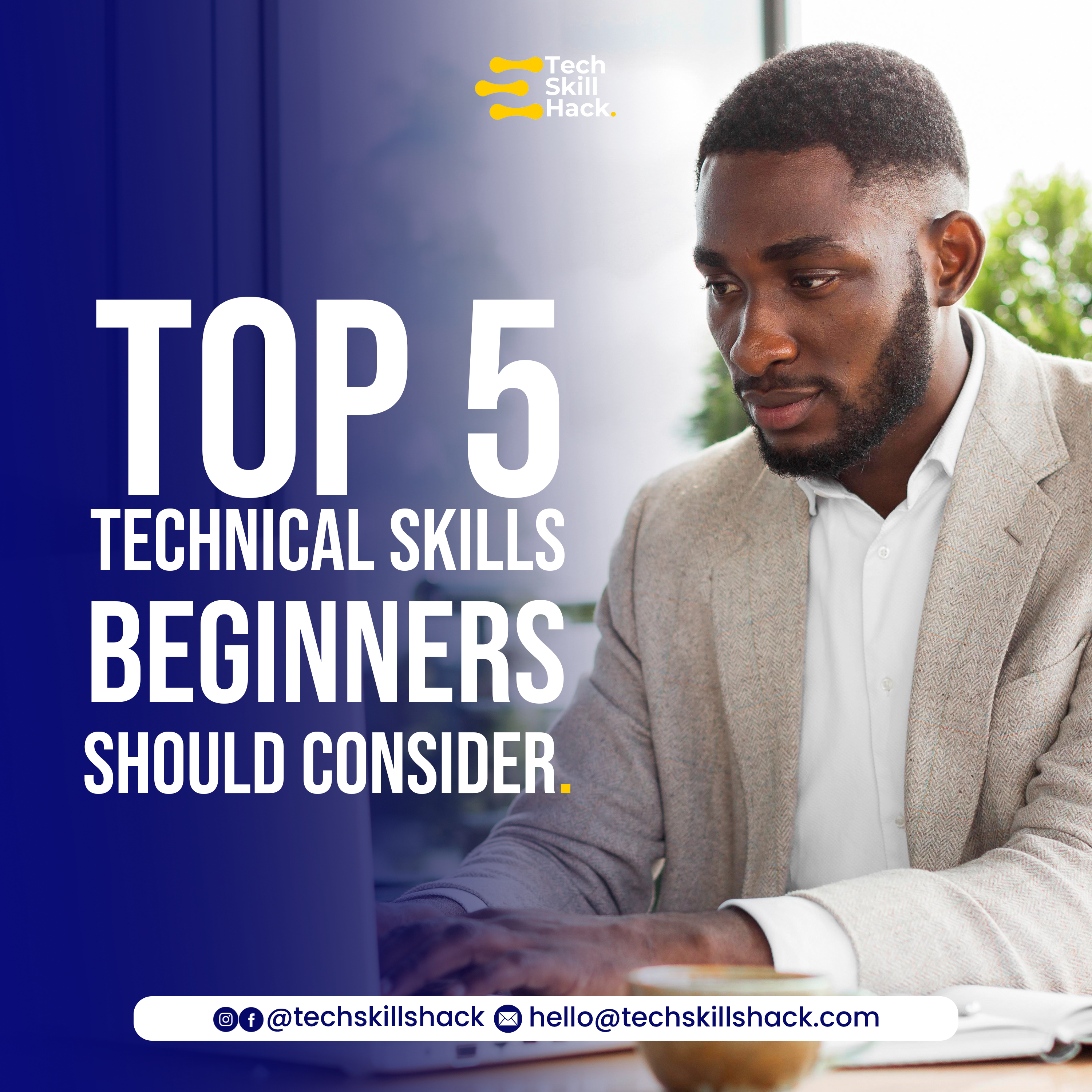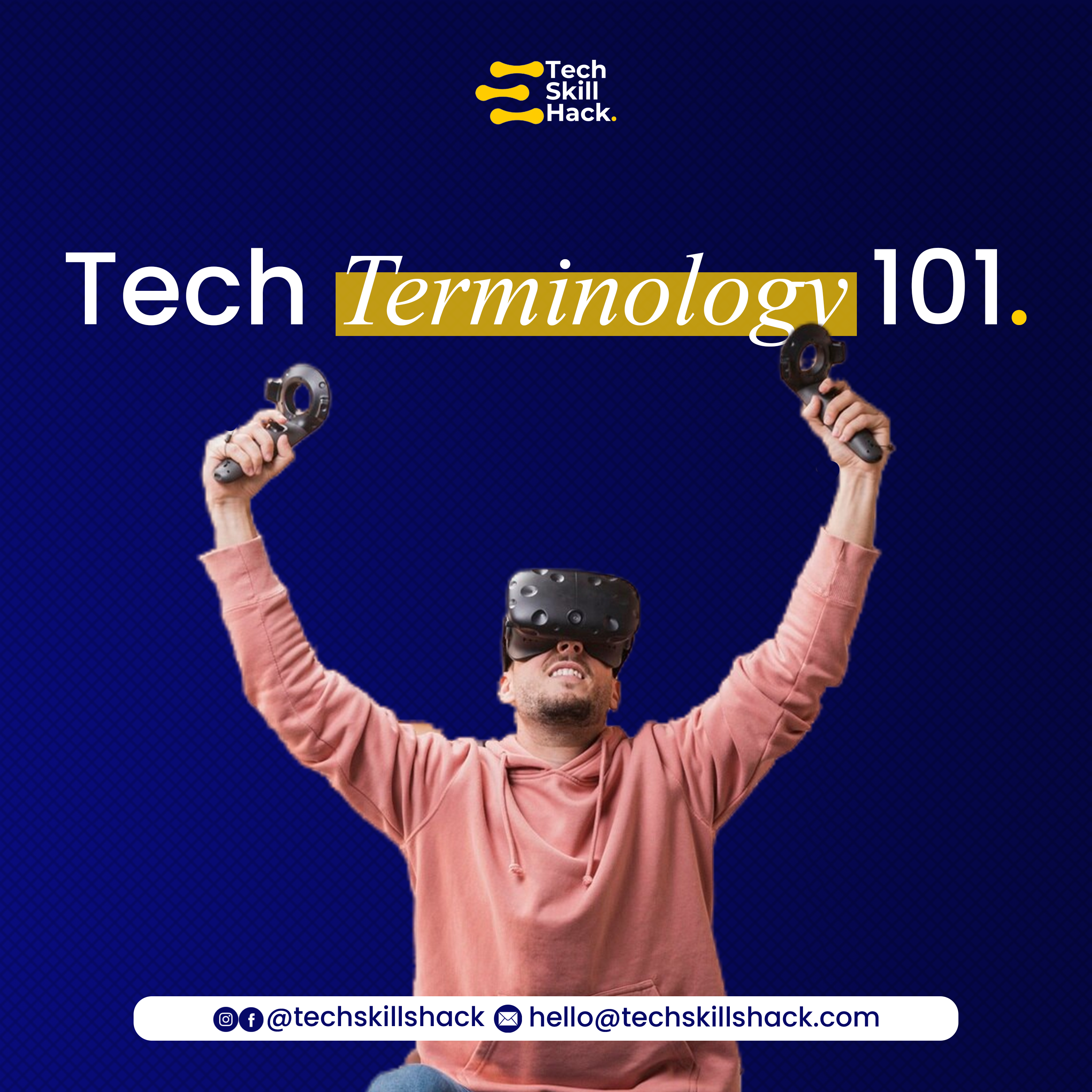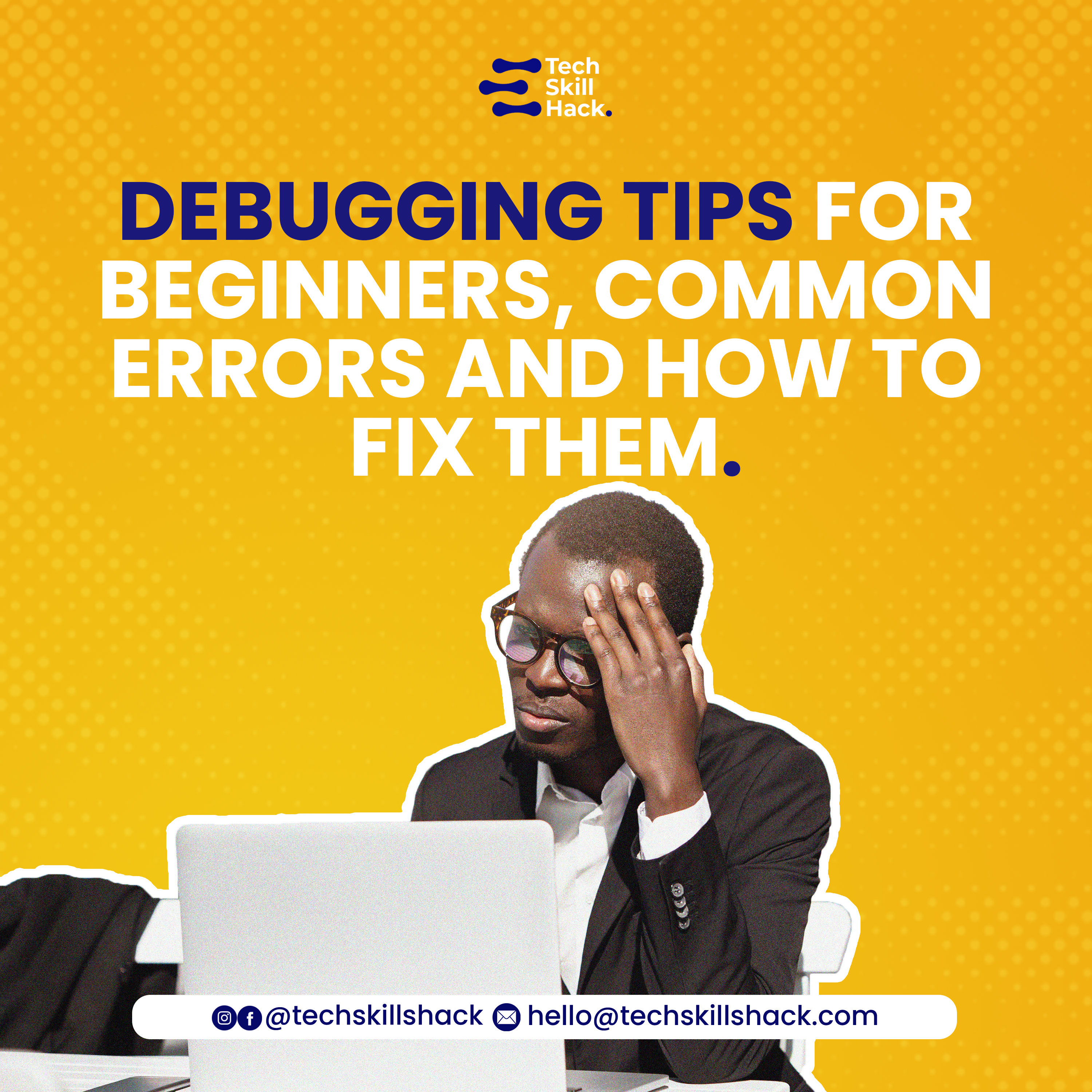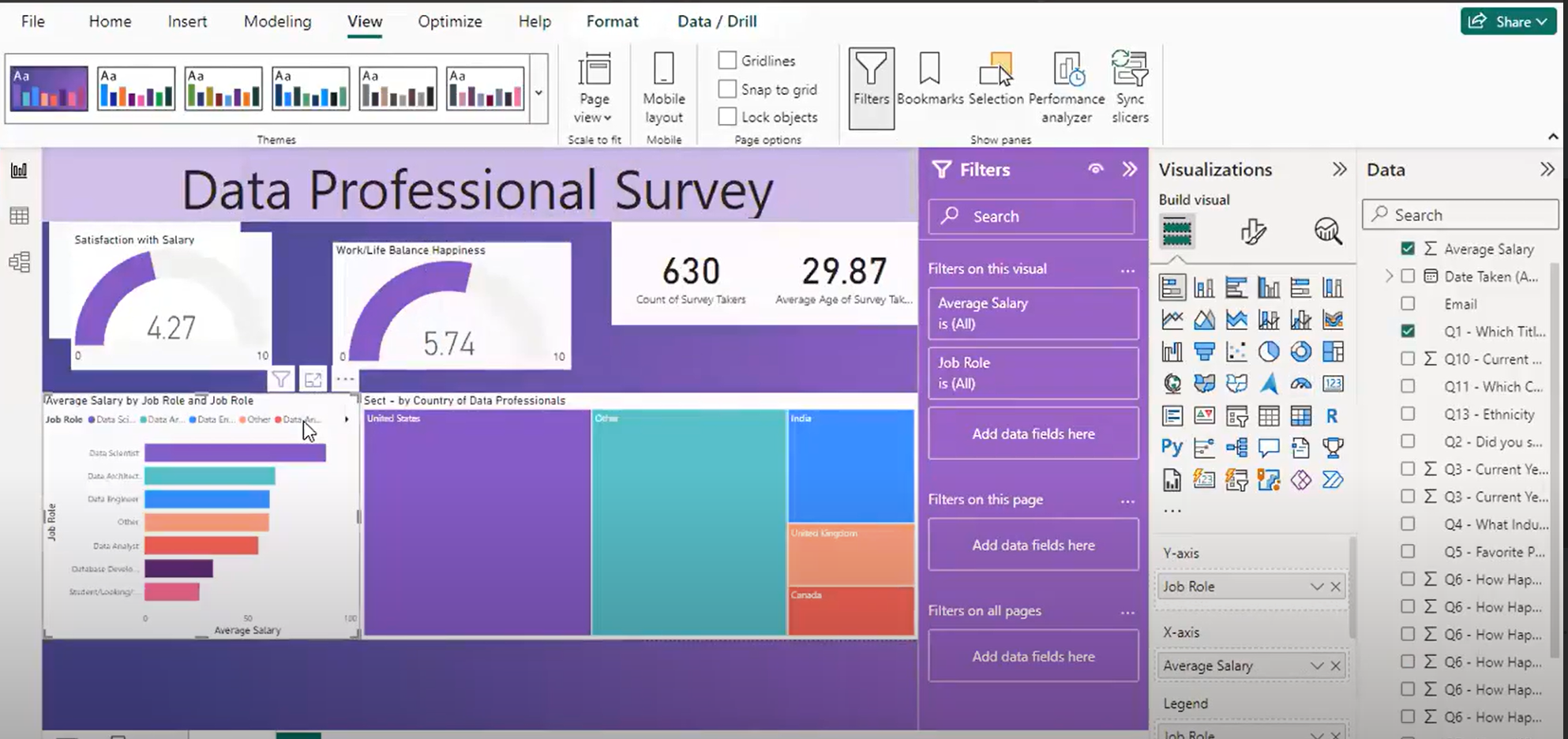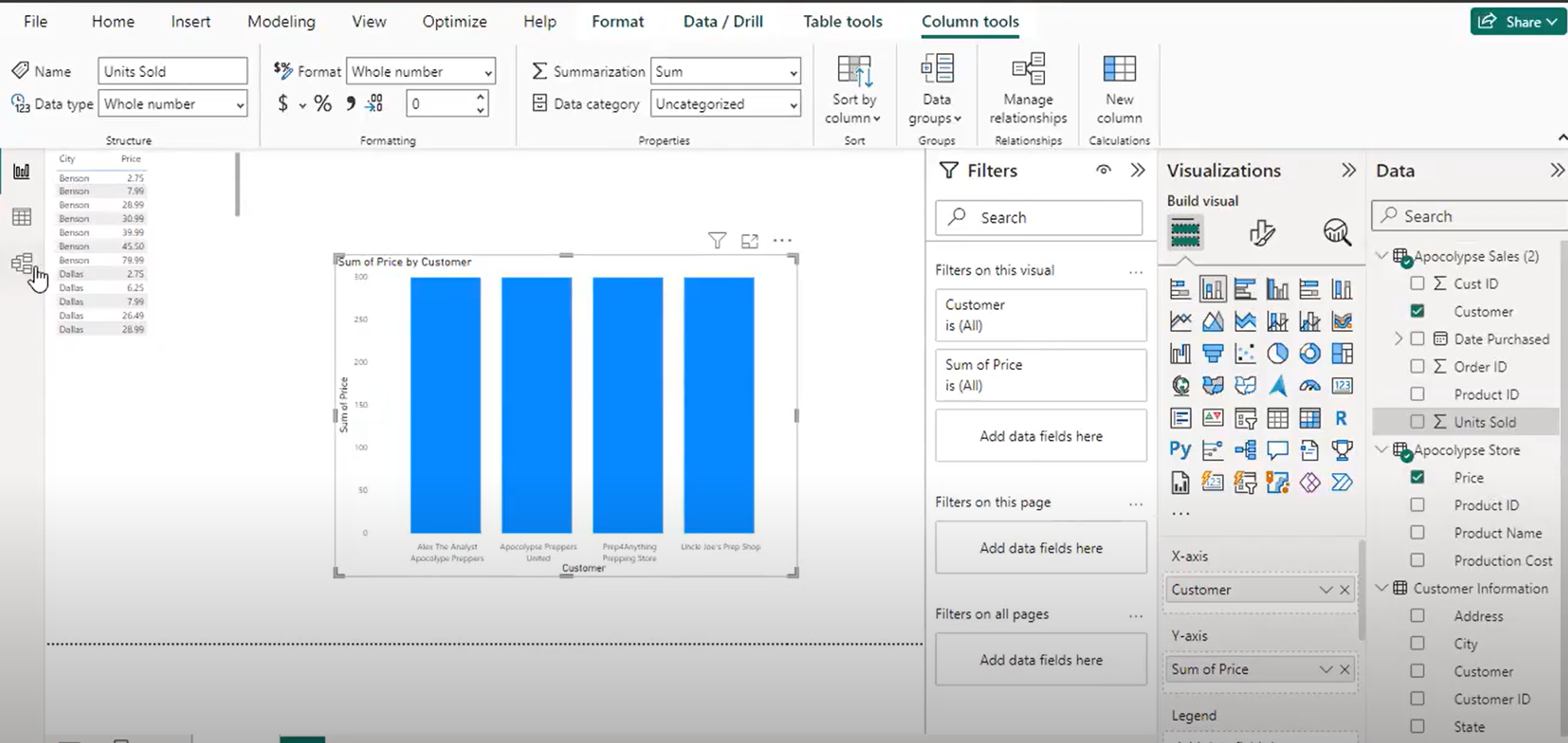Can you introduce yourself and tell us a little about your background?
My name is Bibian Urum and I am an experienced and enterprising lawyer with a
proven track record in legal and transaction advisory and business development.
In 2020, I founded Bibian Urum Legal (BUL), a wholly digital law firm that
leverages technology to provide innovative legal solutions to an array of clients
with the main aim of turning tech-driven trends into opportunities.
As a founder and Business Development Head at BUL, I have developed the
strategy and vision for identifying business opportunities and providing
recommendations to improve the firm’s revenue. I also implemented strategies to
increase profitability and firm performance and built strong client relationships. I
have advised on transactions worth over $35 million, including providing full-suite
legal advisory to a co-founder of fintech company, culminating in a $10 million
seed-funding and an additional $25 million Series-A Funding. I have also provided
specialist legal services to C-Suite clients, including property transactions worth
over $1 million. Before founding BUL, I was a Legal Associate at Aina Blankson LP
in Lagos, Nigeria. There, I managed the process of concluding a range of
agreements with clients on a global basis, driving engagements and providing
other legal services in close collaboration with all stakeholders in the firm
In addition to being a lawyer, I am a chartered mediator and conciliator, a
member of the Nigerian Bar Association and a member of the Association of
Young Arbitrators. I am also currently pivoting to the technology industry and
pursuing a Masters in Applied Artificial Intelligence and Data Analytics at the
University of Bradford, UK. I am looking forward to starting my career in the
technology arm of the financial industry. I have completed several certifications
and trainings, including the Cisco Incubator Program 10.0. I am a Lean Six Sigma
Green Belt holder and an AWS Certified Cloud Practitioner.
I am a feminist and a fitness enthusiast who enjoys learning new things, especially
languages. I am currently learning French and in my spare time I volunteer for an
NGO, the EduTrust Foundation

What motivated you to transition from law to tech, and how did you
make the switch?
I transitioned from law to tech because I was drawn to the innovative and
forward-facing nature of the technology industry. As a lawyer, I found that the
work was often focused on past events and historical legal issues, whereas
technology is constantly evolving and presents exciting new opportunities to
create and innovate. I was particularly interested in the intersection of law and
technology, and how the two fields can work together to drive progress.
To make the switch, I did a lot of research to explore the various areas of
technology that would be a good fit for my skill set and interests. I also took some
online courses to gain a better understanding of the field and its various
components. Ultimately, I decided to pursue a conversion masters degree in
Applied Artificial Intelligence and Data Analytics at the University of Bradford in
the UK, which provided me with the platform to get the necessary skills and
knowledge to pursue a career in technology. While in the UK, I continued to
research and take courses, including the Cisco Incubator Program 10.0, Lean Six
Sigma Green Belt, and AWS Certified Cloud Practitioner. I believe that my
background in law, combined with my education and experience in technology,
has given me a unique perspective and skill set that will be valuable as I embark
on my career in the technology arm of the financial industry.
How did you discover your interest in data engineering, and what inspired
you to pursue it as a career?
I must say that I am not particularly interested in data engineering. Although, I did
receive a job offer as a data engineer, I had to turn it down to accept an offer in a
digital innovation program with rotations across big data, AI, cloud solutions, and
cybersecurity. My motivation to pursue a career in digital innovation stems from
my passion for technology and my desire to make an impact in this ever-evolving
field. I believe that this program will allow me to explore my interests in various
areas and ultimately help me to make an informed decision about which path to
take.
What specific skills did you bring from your legal background that have
helped you in your current role as a data engineer?
Certainly! My legal background has provided me with several transferable skills
that will be valuable in my role in the digital innovation programme. Firstly, my
legal training has honed my critical thinking and analytical skills, which have
helped me to approach complex problems in a structured and logical manner.
This will be particularly helpful in working with data and understanding the
various factors that can impact its accuracy and reliability.
Secondly, my experience in providing legal advice has taught me how to
communicate effectively and persuasively. This skill will be useful in collaborating
with colleagues from different departments and explaining complex technical
concepts in a clear and concise way.
Finally, my legal background has also given me a solid foundation in compliance
and regulatory frameworks. This will be particularly relevant in my work in
cybersecurity, where understanding and adhering to regulatory requirements is
essential. Overall, my legal background will provide me with a unique perspective
and skillset that will be invaluable in my role in the digital innovation programme.
What are some of the key differences between working as a lawyer and
working as a data engineer, and how have you adapted to those
differences?
One of the key differences between working as a lawyer and working in the digital
innovation programme is the nature of the work. As a lawyer, the work is often
focused on providing legal advice and ensuring compliance with regulations, while
in the digital innovation programme, the focus is on creating and implementing
technological solutions. Another difference is the collaborative nature of the work
in the digital innovation programme, as it often involves working in
interdisciplinary teams to develop and implement solutions, while legal work is
often more solitary.
To adapt to these differences, I am actively working to develop my technical skills
and knowledge. I recently started the #100daysofcode challenge where I am
learning the Python programming language and I know that this will be invaluable
in my role. Additionally, I am learning to be more collaborative and team-oriented
in my work, while also being adaptable and open to new ideas and approaches.
Overall, I believe that my background in law has equipped me with a strong
foundation in critical thinking, problem-solving, and attention to detail, which are
all valuable skills in the digital innovation programme.
What were some of the biggest challenges you faced during your
transition into tech, and how did you overcome them?
As someone transitioning from law to tech, one of the biggest challenges I faced
was acquiring the necessary technical skills and knowledge required for the tech
industry. This involved a significant amount of self-directed learning and taking
courses online to gain a foundational understanding of various tech-related
topics.
Another challenge I think I will face will be adapting to the culture and work
environment of the tech industry, which is quite different from that of the legal
industry. The tech industry tends to be more fast-paced, dynamic and
collaborative, which will require me to adapt to a new way of working and
interacting with my colleagues.
To overcome these challenges, I will make a conscious effort to network with
professionals in the tech industry, attend tech-related events and take on tech-
related projects. I have also sought out mentors and received guidance from
individuals who had successfully made the transition from other industries to
tech. By doing so, I will be able to gain valuable insights and advice on how to
navigate the tech industry and successfully transition into a tech career.
How do you stay up-to-date with the latest developments in data
engineering, and what resources do you rely on for learning?
I stay up-to-date with the latest developments in digital innovation through
various resources. First, I rely on online courses and certifications offered by
platforms such as Coursera, YouTube, and Udemy. These platforms offer a wide
range of courses on various topics related to digital innovation, including big data,
cloud computing, AI, and cybersecurity.
Additionally, I attend conferences, webinars, and seminars related to digital
innovation to learn from experts in the field and network with other
professionals. I also follow industry-specific publications, such as TechCrunch,
Wired, and VentureBeat, to keep up-to-date with the latest news and trends.
Furthermore, I hope to become a member of professional associations, that will
provide me access to valuable resources such as journals, research papers, and
networking opportunities with other professionals in the field.
Finally, I actively engage in online communities and forums such as Stack
Overflow and Reddit to learn from other professionals and contribute to the
community by sharing my knowledge and experience.
What advice would you give to someone who wants to transition into
tech but feels intimidated by the prospect of learning new tech skills?
My advice would be to start with small steps and gradually work your way up. It’s
important to acknowledge that learning new technical skills can be intimidating,
but it’s also important to remember that it’s a process that takes time and
patience. Some tips that may be helpful include:
1. Identify the specific area of tech you want to transition into and research
the skills required for that area.
2. Start with beginner-level courses and resources to build a strong
foundation. There are many free and low-cost online courses available,
such as Codecademy, Coursera, and edX.
3. Join online communities and forums to connect with others who are also
learning and can offer support and guidance.
4. Find a mentor or coach who can provide personalized guidance and
feedback.
5. Set specific goals and track your progress to stay motivated.
Remember that the most important thing is to take action and be consistent in
your learning. With time and effort, it’s possible to successfully transition into
tech and learn new technical skills.
What role has mentorship played in your career, and how have you found
mentors who have helped you along the way?
Mentorship has played a significant role in my career growth and development. I
have been fortunate to have had mentors at different stages of my career who
have helped me navigate various challenges and provided guidance and support. I
found my mentors mostly through social media and mutual connections. In some
cases, I reached out to individuals who I admired and respected in the industry,
and in other cases, I just followed people that I admire without starting a formal
mentorship relationship with them.
My mentors have played various roles in my career development, including
providing guidance on career direction, sharing their experiences and knowledge,
and helping me build my professional network. They have also provided feedback
on my work and helped me identify areas for growth and improvement. I believe
that mentorship is a valuable resource for anyone looking to develop their career
in any industry, including tech. It is important to seek out mentors who share your
values and can provide support and guidance to help you achieve your goals, but
you will need to have a mind of your own to be able to know what advice to
accept and which to discard.
What are some of the biggest misconceptions people have about data
engineering, and how would you explain the role to someone who is
unfamiliar with it?
Some of the biggest misconceptions about digital innovation may include thinking
that it is solely related to programming or technical skills, or that it is only relevant
to the technology industry. However, digital innovation encompasses a wide
range of skills and industries, including finance, healthcare, and education, among
others. For instance, I would be working in the financial industry.
At its core, digital innovation involves leveraging technology to solve problems
and create new opportunities. This can include developing new software or
applications, implementing artificial intelligence or machine learning, utilizing big
data to inform business decisions, and more.
To explain the role of digital innovation to someone unfamiliar with it, I would
highlight the ways in which technology is transforming various industries and
improving outcomes for businesses and individuals, like the mobile banking app
and its workings.
Can you describe a project or accomplishment that you’re particularly
proud of since you transitioned from Law into tech?
As someone who has recently transitioned from law to tech, I do not yet have any
major projects or accomplishments in the field. However, I am particularly proud
of the coursework that I have completed during my master’s program in Applied
Artificial Intelligence and Data Analytics at the University of Bradford. Through
this program, I have gained a strong foundation in the core concepts of artificial
intelligence, machine learning, data mining, and data analytics, among other
things.
What do you think the future of tech looks like, and how do you see the
field evolving in the coming years?
In the coming years, technology will continue to play an increasingly important
role in our lives, with continued advancements in areas such as artificial
intelligence, cloud computing, cybersecurity, and big data. We will see an
increasing number of businesses across various sectors adopting digital
innovation to improve their operations and stay competitive.
One of the biggest trends in tech is the rise of AI and machine learning. We are
seeing AI being integrated into more and more applications, from chatbots to self-
driving cars. As AI continues to improve, we can expect to see it being used to
solve increasingly complex problems in areas such as healthcare, finance, and
climate change.
Another area of tech that is rapidly evolving is cybersecurity. With the increasing
reliance on technology, there is a growing need for effective cybersecurity
measures to protect against cyber attacks. We will see the development of new
technologies to help detect and prevent cyber attacks, as well as increased focus
on cybersecurity education and awareness.
Overall, the future of tech is exciting, and we can expect to see continued growth
and evolution in the field. It will be important for professionals in the industry to
stay up-to-date with the latest advancements and to continuously develop their
skills to remain relevant in a rapidly changing landscape.
What advice would you give to someone who wants to follow in your
footsteps and transition from law or any non-STEM career to tech, and
what steps should they take to get started?
If you are considering transitioning from law or any non-STEM career to tech, my
first piece of advice is to start by doing some research. Look into the different
fields within tech to get a sense of what they entail, and what kind of technical
skills are required. Consider which areas align with your interests and strengths,
and where you see yourself fitting in.
Once you have a sense of what area of tech you want to pursue, start building
your technical skills by taking relevant courses online or in-person. There are
many resources available online, including MOOCs, bootcamps, and tutorials, that
can help you get started with programming languages and other technical tools.
Additionally, consider pursuing a formal education in tech, such as a degree or a
certification program. This can help you develop a deeper understanding of the
field and signal to potential employers that you are serious about your career
transition.
Another important step is to network with others in the tech industry. Attend
events, join online communities, and connect with people on professional social
media platforms like Facebook and LinkedIn. Building a network of mentors and
peers can help you learn more about the industry and find opportunities for
growth.
Finally, be prepared to be patient and persistent. Getting into tech is not a get-
rich-quick scheme. Transitioning into a new field can take time and effort, but
with dedication and hard work, it is definitely possible to make a successful
transition into tech.

